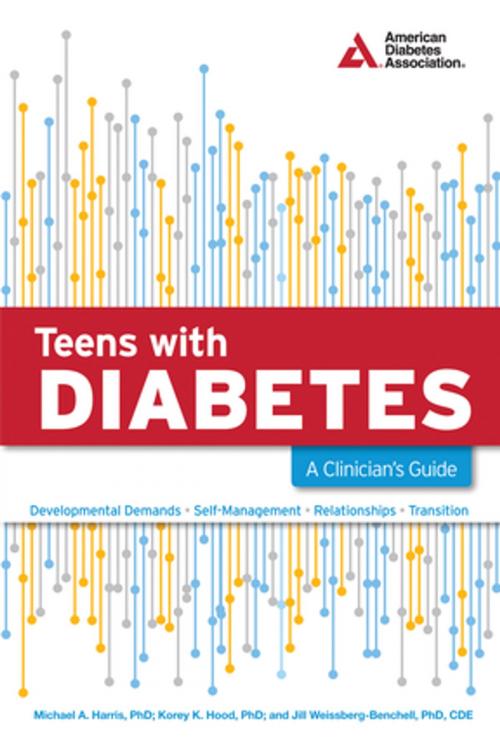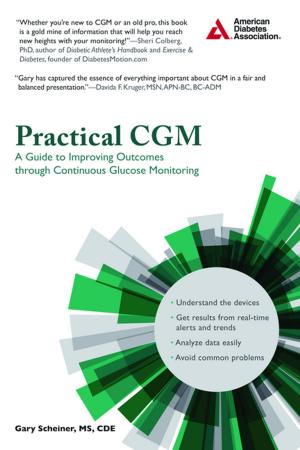Teens with Diabetes
A Clinician's Guide
Nonfiction, Health & Well Being, Psychology, Psychiatry, Medical, Specialties, Pediatrics, Child & Adolescent, Child Psychology| Author: | Michael A. Harris, Ph.D., Korey K. Hood, Jill Weissberg-Benchell | ISBN: | 9781580405775 |
| Publisher: | American Diabetes Association | Publication: | June 2, 2014 |
| Imprint: | American Diabetes Association | Language: | English |
| Author: | Michael A. Harris, Ph.D., Korey K. Hood, Jill Weissberg-Benchell |
| ISBN: | 9781580405775 |
| Publisher: | American Diabetes Association |
| Publication: | June 2, 2014 |
| Imprint: | American Diabetes Association |
| Language: | English |
Written by three psychologists with more than 50 years of collective experience in the field of diabetes and youth, Teens with Diabetes provides evidence-based techniques for clinicians to treat the psychological needs of children with diabetes and help them transition into their teenage years. The authors have provided care to thousands of diabetic teens and their families from initial diagnosis to leaving home for college. Any professional working with diabetic teens, including psychologists, physicians, social workers, dietitians, and nurse educators, needs this how-to handbook for working with what is arguably one of the most difficult populations in diabetes. Topics covered include handling the initial diagnosis of diabetes in teens, talking with young people about diabetes in a manner that is effective and reduces reactivity, improving diabetes self-care, helping families negotiate the challenges of adolescent diabetes, dealing with peer relations, dealing with high-risk issues related to diabetes, and handling with mood problems.
Written by three psychologists with more than 50 years of collective experience in the field of diabetes and youth, Teens with Diabetes provides evidence-based techniques for clinicians to treat the psychological needs of children with diabetes and help them transition into their teenage years. The authors have provided care to thousands of diabetic teens and their families from initial diagnosis to leaving home for college. Any professional working with diabetic teens, including psychologists, physicians, social workers, dietitians, and nurse educators, needs this how-to handbook for working with what is arguably one of the most difficult populations in diabetes. Topics covered include handling the initial diagnosis of diabetes in teens, talking with young people about diabetes in a manner that is effective and reduces reactivity, improving diabetes self-care, helping families negotiate the challenges of adolescent diabetes, dealing with peer relations, dealing with high-risk issues related to diabetes, and handling with mood problems.















